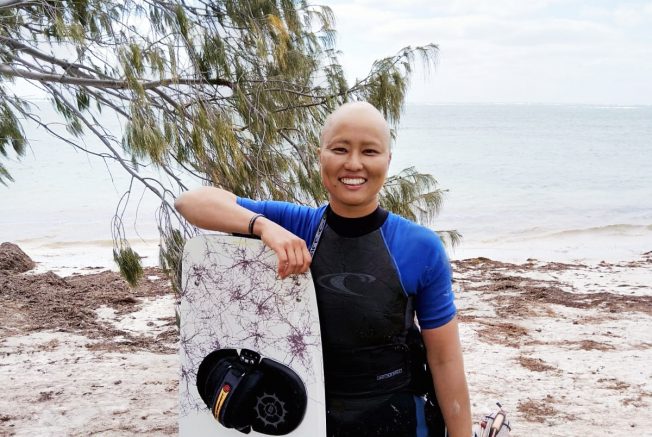Our process
When you ring our offices, you will be connected with our Support Services Coordinator, who will interview you about your case, and assess your need for each particular service. Most likely, but not always, you will be assigned a specialist breast care nurse and/or a counsellor, depending on your needs. They’ll arrange a time to meet with you or call you.
FAQs
What does a breast care nurse do?
Our specialist breast care nurses are health professionals that have been trained to manage the care of patients with breast cancer. Their role is to be the principal liaison between the patients and the specialists who are coordinating their treatment. This could be surgery, chemotherapy or radiotherapy. They help to clarify technical or complicated information that a patient may not understand. They are there to provide emotional support as well as being a friend to the patient and their families.
Breast care nurses generally have a background in oncology, breast care or women’s health. Our breast care nurses also hold a post-graduate qualification in breast care nursing. Having the support of a breast care nurse can substantially improve an individuals’ quality of care because they have one main source of information and contact throughout their treatment. They can help minimise the stress and trauma of a breast cancer diagnosis for the patient and their families.
What does a counsellor do?
Our counsellors provide emotional support and can help you with addressing:
- anxiety (fear, dread, panic, and uneasiness) and depression (extreme sadness, isolation, despair, hopelessness and grief);
- adjustment issues;
- difficulties in decision making;
- phobias (examples include needles and confined spaces);
- body image and sexuality;
- traumatic symptoms or side effects;
- living with uncertainty, mortality and end-of-life issues;
- assistance developing practical coping strategies;
- teaching problem-solving skills;
- family and couples therapy and talking to children;
- support to resolve family conflicts;
- address social isolation, and quality of life issues.
These can be delivered through psycho-education, person-centred listening, clinically validated interventions such as CBT, ACT, mindfulness and grief counselling; and by liaising with internal and external health professionals where necessary.

